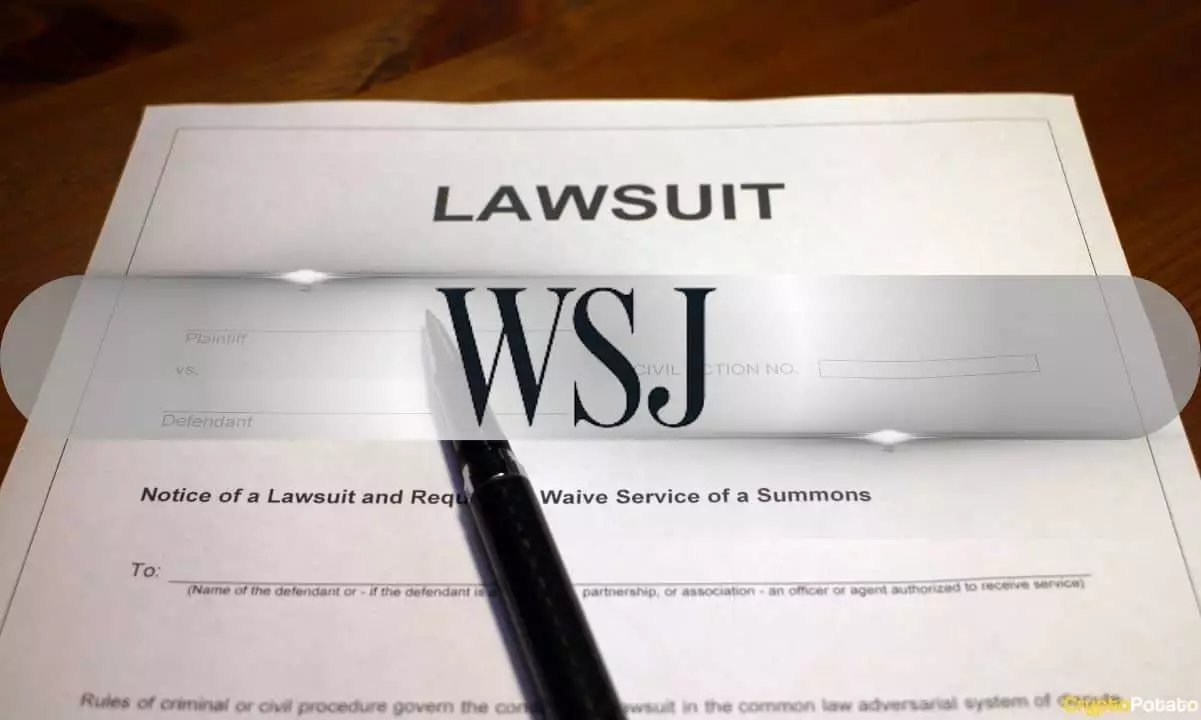Recently, the Wall Street Journal released an investigative article shedding light on Tether, Bitfinex, and their affiliated companies. The article painted a picture of questionable practices employed by these entities in order to maintain their connections to the global banking system. As we delve deeper into the allegations presented in the article, it is crucial to analyze the implications and consequences of such behavior.
According to the Wall Street Journal, Tether, Bitfinex, and associated shell firms resorted to dubious methods to uphold their ties to the international banking realm. The use of accounts linked to individuals with existing reputations in the business world was a common tactic. However, the sleight of hand used, as exemplified by the case in Taiwan, where accounts were held in trust under an executive’s name but opened under a different company name, brings into question the transparency and legitimacy of their operations.
The repercussions of the questionable financial dealings did not go unnoticed, as both Tether and Bitfinex found themselves embroiled in various investigations. A significant blow came in the form of an $850 million seizure of funds tied to a Panama-based payment processor, which were allegedly linked to Tether. Lack of documented evidence further exacerbated the situation, leading to severe financial setbacks for the companies involved.
The article also highlighted alleged misconduct by AML Global Ltd., owned by British businessman Christopher Harborne, who holds a substantial stake in Tether. Harborne took legal action against Dow Jones & Company, parent firm of the Wall Street Journal, over defamation claims. The accusations of fraud, money laundering, and terrorist financing have been vehemently denied by Harborne, who asserts that the stake in Tether was acquired following a reimbursement plan initiated by Bitfinex after a security breach.
In response to the allegations made in the Wall Street Journal article, Harborne’s legal action led to the removal of the defamatory content. This case underscores the importance of factual accuracy in reporting and the accountability of media outlets when disseminating potentially damaging information. Moving forward, it is crucial for all parties involved to prioritize transparency and compliance with regulatory standards to rebuild trust and credibility within the industry.
The allegations against Tether, Bitfinex, and related companies present a cautionary tale of the consequences of questionable financial practices. The need for transparency, accountability, and adherence to regulatory guidelines is paramount in maintaining trust and stability within the cryptocurrency industry. As the dust settles on this controversy, it serves as a stark reminder of the importance of ethical conduct and integrity in all financial transactions.

